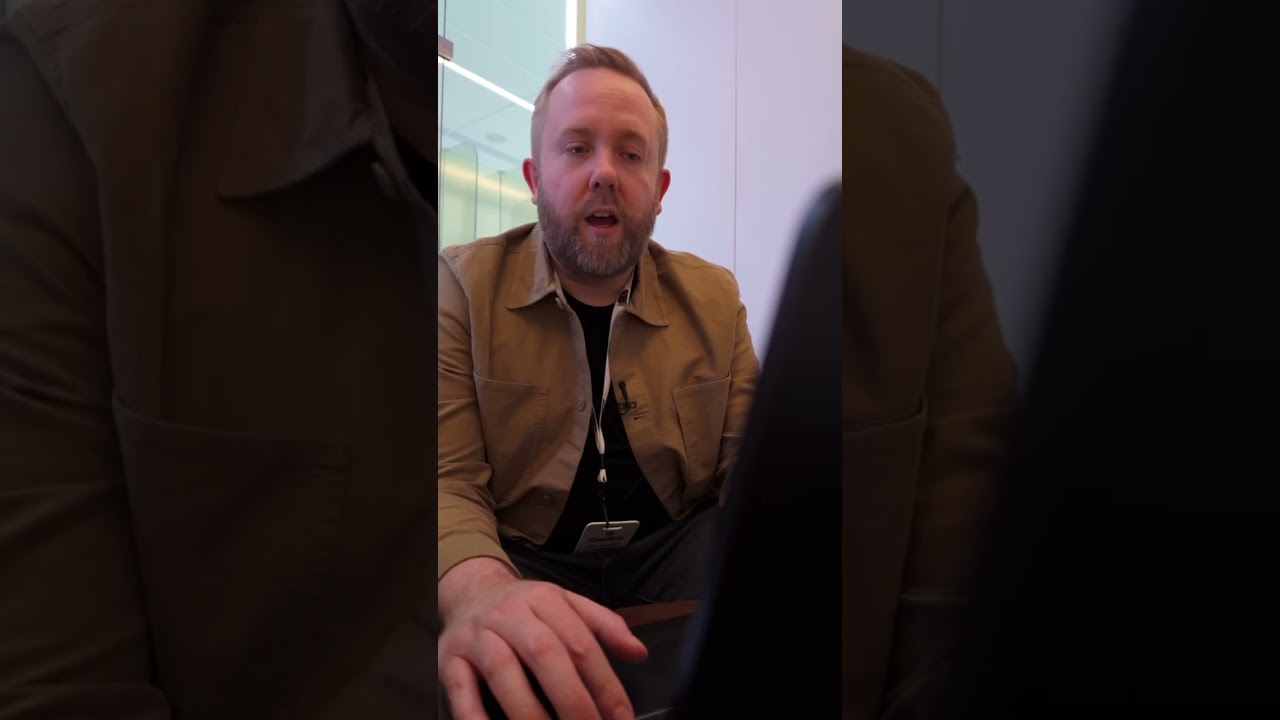Microsoft showcased an AI-generated version of Quake II that can be played in a web browser using their Copilot technology, allowing for dynamic gameplay where elements are created on-the-fly by AI. This innovative experience is currently available through a subscription to Copilot Pro, highlighting the potential of AI in transforming gaming and interactive entertainment.
In a recent demonstration, Microsoft showcased an AI-generated version of the classic game Quake II, which can be played directly in a web browser. This innovative experience is powered by Microsoft’s Copilot, utilizing their Moo AI model. The project was initially introduced as a research initiative about a month ago, but it has now evolved into a playable format, allowing users to engage with the game in a new and exciting way.
The gameplay experience mimics that of the original Quake II, with players navigating through the environment and engaging in combat. However, what sets this version apart is that it is not a traditional game running in the browser; instead, it is generated on-the-fly by AI. This means that the game elements, including graphics and interactions, are created dynamically, showcasing the capabilities of AI in real-time gaming scenarios.
Currently, access to this AI-generated Quake II is available through a subscription to Copilot Pro, which costs $20 per month. This subscription model suggests that Microsoft is positioning this technology as a premium offering, likely aimed at developers and enthusiasts interested in exploring the potential of AI in gaming. The ability to play a classic game in such a novel format highlights the intersection of gaming and artificial intelligence.
The demonstration raises questions about the future of gaming and how AI could further influence game development and player experiences. While initially perceived as an experimental project, the successful implementation of AI-generated gameplay in a browser setting indicates that Microsoft may be paving the way for more advanced applications of AI in the gaming industry. This could lead to new forms of interactive entertainment that adapt to player behavior and preferences.
Overall, Microsoft’s AI-generated Quake II serves as a fascinating glimpse into the future of gaming, where AI plays a central role in creating immersive experiences. As the technology continues to evolve, it will be interesting to see how developers and players alike embrace these advancements and what new possibilities they will unlock in the realm of interactive entertainment.
